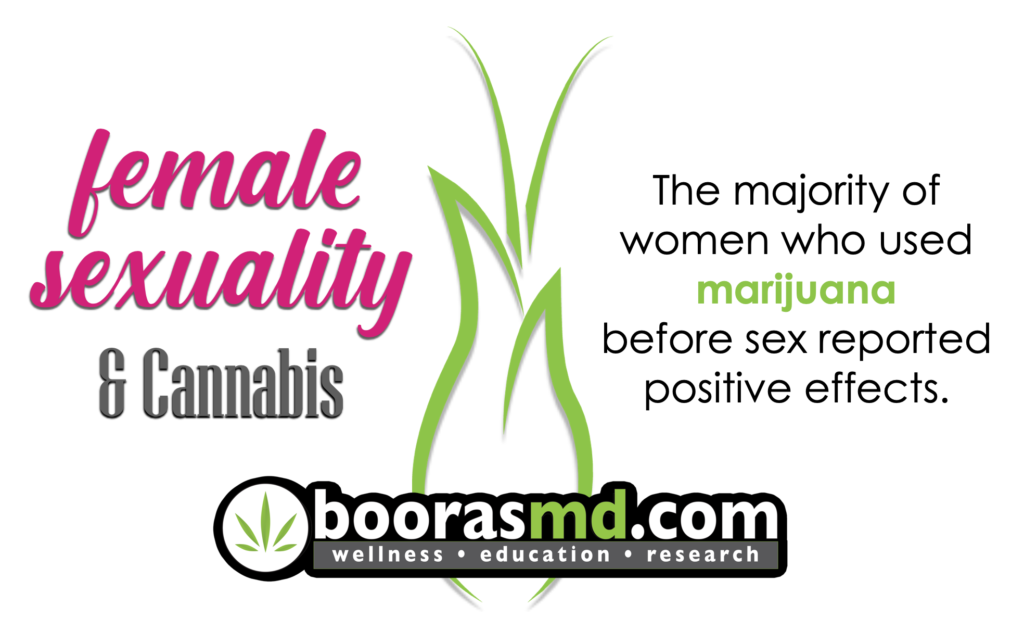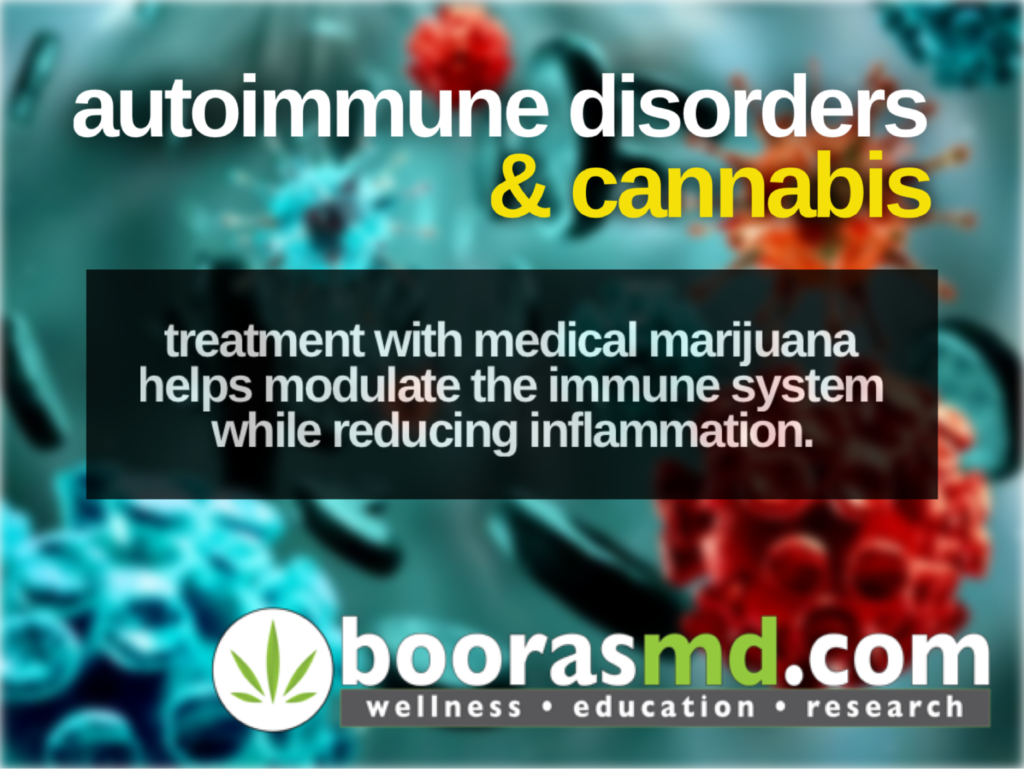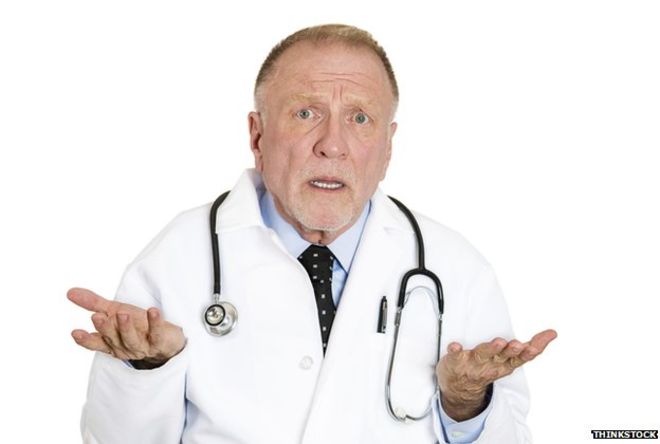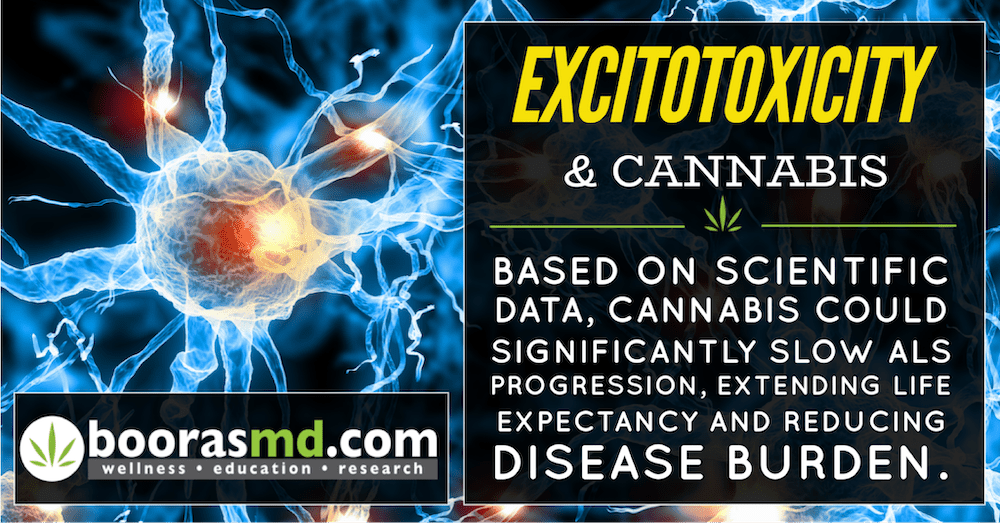Depression and Medical Marijuana (Cannabis)
Depression and Medical Marijuana (Cannabis)
Summary: Cannabis use is associated with elevated mood and decreased depression in patients with chronic diseases. On the other hand, pure oral THC administration to depressed individuals can also result in dysphoria (a state of unease. The opposite of euphoria) in some patients, especially those who are naïve to the psychoactive effects of cannabis.
Furthermore, pure THC has been reported to increase anxiety when given alone, whereas co-administration of CBD can counter this effect. Without the benefit of the additional cannabinoid compounds (especially CBD) pure THC often does not have the same effect as cannabis consumption.
https://www.projectcbd.org/medicine/cannabis-mood-depression-book-excerpt
Medical Marijuana (Cannabis) works by activating the Endocannabinoid System. Depression is one of many conditions felt to represent a dysregulation of the Endocannabinoid System.
https://boorasmd.com/education/articles/clinical-endocannabinoid-deficiency/
In states, like Florida, that have an active medical marijuana program, the legalization of cannabis for therapeutic use is associated with a 5% decrease in total suicide rate and a greater decrease in suicide of 11% in 20-29 year old men.
The Endocannabinoid system (ECS) affects feelings of anxiety and depression. Years ago a medication, RIMONABANT (a CB1 receptor blocker in the brain), was released as a treatment for obesity. It was withdrawn from the market because of undesirable side effects such as anxiety, depression and thoughts of suicide. (Editors note: I was involved in clinical research at the time that RIMONABANT- the “anti-munchies drug”- was going through phase 3 testing and saw evidence of depression in some of these individuals).
This definitively showed that blocking the brain’s CB1 receptors had unexpected severe consequences, and also showed the need for more research on the relationship between the ECS and mood.
https://www.projectcbd.org/medicine/depression-cannabis
A very large study done in Sweden observing over 45,000 individuals concluded, “After control for confounding factors and especially markers of disturbed behavior during childhood, there was no increased risk of future depression among cannabis users at age 18 to 20. With the large number of cases, and control for important background factors, we believe our study adds to previous findings supporting the hypothesis that cannabis use does not increase the risk of depression.”
https://bmcpsychiatry.biomedcentral.com/articles/10.1186/1471-244X-12-112
“Preliminary clinical trials also support the efficacy of CBD as an anxiolytic, antipsychotic, and antidepressant, and more importantly, has a positive risk-benefit profile. These promising results support the development of large-scale studies to further evaluate CBD as a potential new drug for the treatment of these psychiatric disorders.”
https://pubmed.ncbi.nlm.nih.gov/33228239/
“The central endocannabinoid system is a neuroactive lipid signalling system in the brain which acts to control neurotransmitter release. The expression patterns of this system throughout limbic regions of the brain ideally situate it to exert regulatory control over emotional behaviour, mood and stress responsivity. A growing body of evidence unequivocally demonstrates that deficits in endocannabinoid signalling may result in depressive and anxiogenic behavioral responses, while pharmacological augmentation of endocannabinoid signalling can produce both antidepressive and anxiolytic behavioral responses. The aim of this review is to summarize current knowledge of the role of the endocannabinoid system in the etiology and treatment of mood and anxiety disorders, such as depression, anxiety and post-traumatic stress disorder. Collectively, both clinical and preclinical data argue that cannabinoid receptor signalling may be a realistic target in the development of a novel class of agent for the pharmacotherapy of mood and anxiety disorders.”
https://pubmed.ncbi.nlm.nih.gov/19839936/ [Editors note: This complicated paragraph basically states that Medical Marijuana (Cannabis) activates the Endocannabinoid System resulting in less anxiety and depression.
The last sentence is frustrating to me… Why do we need another new class of drug to do what a natural product (cannabis) already does and probably does better with less side effects and lower cost!]
Cannabis affects individuals in unique ways since each of us has a personalized ECS, so its therapeutic effects cannot always be predicted. Cannabis and depression is not a simple cause and effect situation. Rather, it is a dynamic relationship. Cannabinoids may be valuable allies in recovery, but once again, more research is needed.
Written by Charlie Booras, MD on March 1, 2021








